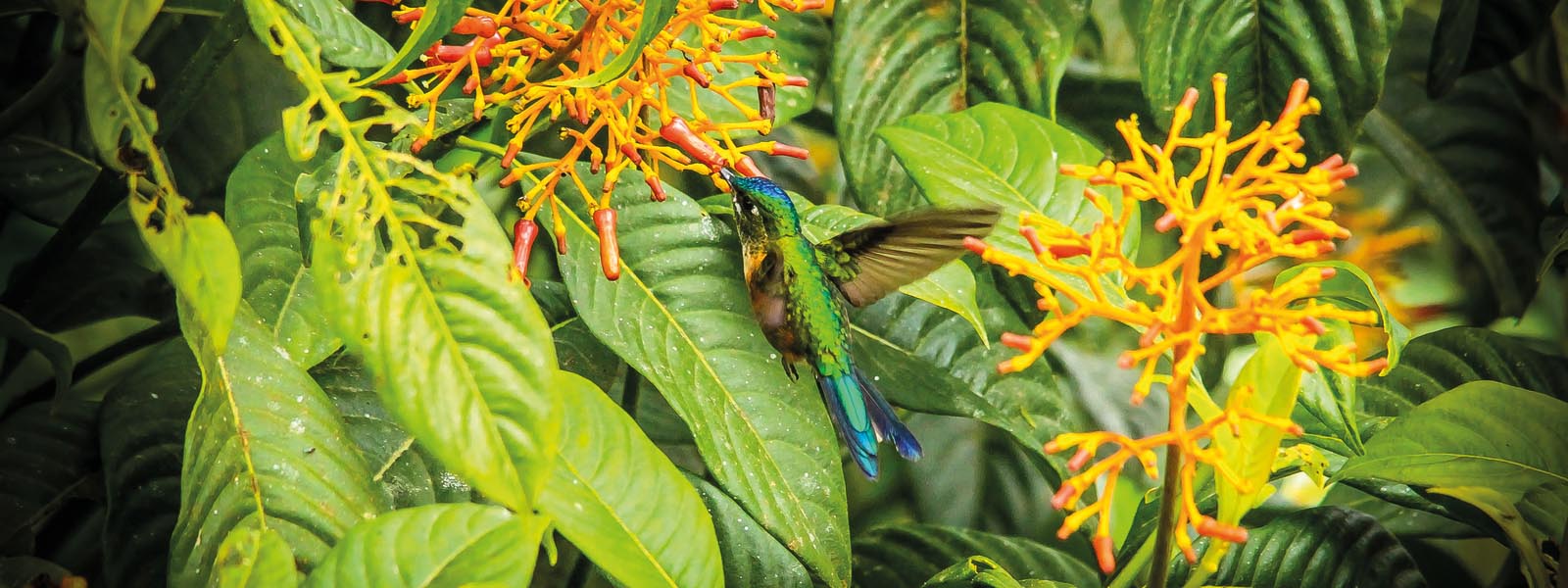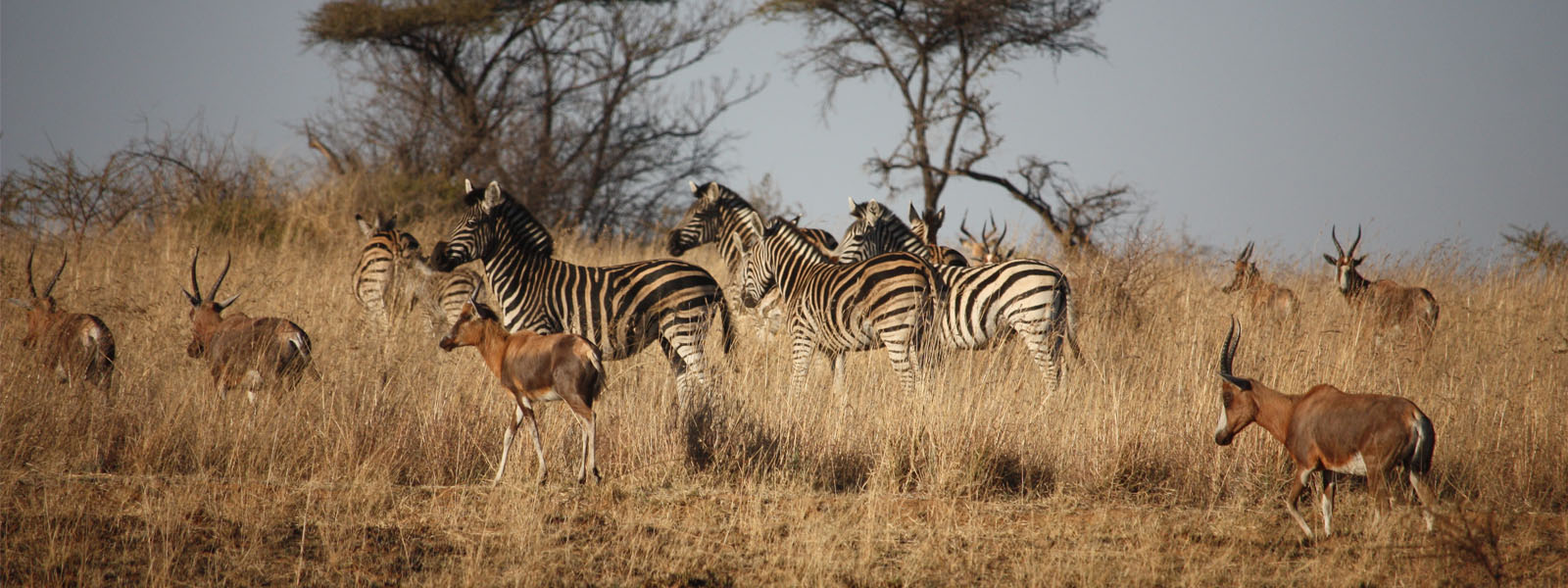Module Overview
This module will deal primarily with the ethological and psychological concepts underlying our understanding of animal behaviour. These frameworks will be supported by reference to key studies of domestic and wild animal behaviour from a wide range of taxonomic groups, but with an emphasis on recent developments in the field to reflect the modern synthesis of underlying theories. The module will also focus on application of these concepts through practical work, workshops and seminars to build on core concepts delivered in lectures, through investigation of behavioural phenomena, discussion of alternative interpretations and application to wild and domestic animals.
Module Overview
This module covers some aspects about animal health and disease. In particular, diseases of a wide variety of different animals, and the impacts which they pose to the animals, and humans. This will also include some levels of disease treatments, and control, and discuss different methods of these. Functional animal nutrition of various species to prevent disease and maintain optimal health, as well as how diseases can affect behaviour will also be included.
Module Overview
This module explores the regulation and enforcement of animal protection including the background and need for legislation relating to animals, the scientific, political and legal procedures involved in forming legislation and how citizens may become involved in that process. Students develop critical analytical skills through the interpretation and application of legal frameworks as well as the evaluation of the research background underpinning the law. Students also learn to develop and present arguments used in decisions regarding animal protection
Module Overview
This module provides a critical insight into the application of the principles of conservation biology. It will give an overview of the nature, value and complex threats to biodiversity and will detail the biological problems faced by small populations of animals, in particular. The module will also deal with the practice of population conservation and management, including methods to assess population size, survival rates and how to use this information to assess the viability of populations.
Module Overview
Data-centric skills are crucial for any life scientist undertaking any form of data collection, management, visualisation, and/or analysis. This module introduces students to skills in data storage, handling, and manipulation; understanding different data types; visualising data; fitting statistical and analytical models; interpreting and reporting statistical and analytical results; and using these skills in experimental designs. In the age of information, computational skills are becoming ever more relevant, and this module will hone different computational skills. All these skills can aid students in undertaking future research projects, including the third-year honours project.
Module Overview
The Evolution module aims to introduce the fundamental concepts and theories that explain and predict how biodiversity evolves as a result of multiple factors emerging from both ecological and sexual interactions. The integrative nature of this module guarantees that a broad diversity of the central topics in the field of evolution is covered.
Module Overview
This module provides an overview of the cellular and molecular basis of the immune response in health and human diseases. The structure, function and complex mechanisms of host defence by B- and T-Cells will be discussed. Students will evaluate the role of inflammatory mediators, soluble effectors, and cellular cytotoxicity in inflammation and immunity.
Module Overview
This module is an introduction to the key major taxonomic groups of invertebrates and vertebrates. Major invertebrate groups will include inter alia: sponges, cnidarians, flatworms, nematodes, annelids, molluscs, arthropods, echinoderms, and cephalochordates. All major vertebrate classes will be considered in detail.
Module Overview
This module deals with managing ecosystems in a range of contexts, and includes assessing and addressing the impacts of human activity on ecological systems. It also examines the suitability of different management strategies to deal with a range of environmental problems.
Module Overview
This module focuses on reproduction and development in a range of invertebrates and vertebrates. There will be a comparative analysis of anatomy, physiology, behaviour and evolution of reproductive patterns, including the main anatomical features of male and female reproductive tracts. There will be descriptions of the processes of gamete production in males and females. The underlying principles of ontogeny from fertilisation to birth will be described in a variety of taxa with an emphasis on the factors controlling developmental processes. Additional content will focus on factors, e.g. environmental pollution, that affect reproduction and development in animals
Module Overview
The School believes that an option to study overseas is a valuable educational opportunity for our students. Provision of this option supports the educational aims of the School of Life Sciences and enhances the distinctiveness of its degrees at Lincoln. The optional year is intended to:
- enable students to benefit from studying within a cross cultural environment;
- expose students to a wider academic and cultural experience;
- enhance their future employment opportunities;
- by increasing their cultural and professional mobility.
This module is optional for students within the School. Study Abroad is a year long module which enables students to spend a year studying abroad at one of the University's approved partner institutions. Eligible students must have completed their second year of study to a satisfactory standard and successfully completed the application process for the year abroad.
During the year spent abroad, students share classes with local students and study on a suite of locally-delivered taught modules which have been approved in advance by the University. Upon their return, as part of the assessment for this module, students are required to critically reflect upon their experience of living and studying in a different cultural environment and the skills acquired.
Module Overview
This module aims to help students understand theory, develop skills, build tacit knowledge and importantly, integrate and apply know-how and skills acquired from prior learning to novel situations. The module is built around the principle of scientific enquiry and the ownership of that process by students in order to develop cognitive, affective and psychomotor skills. Student ownership will be developed throughout the module, culminating in an independent, residential in-situ field study in which they design a study, collect & analyse data and present their findings.









